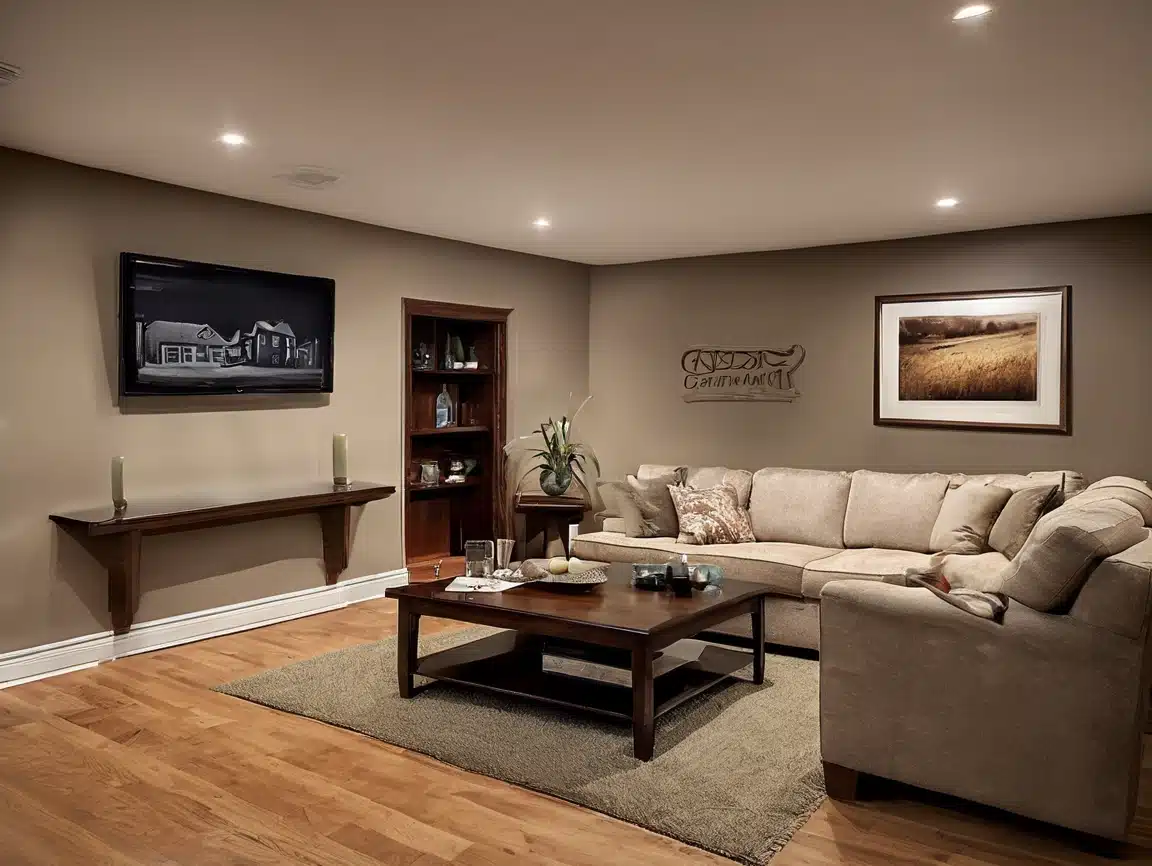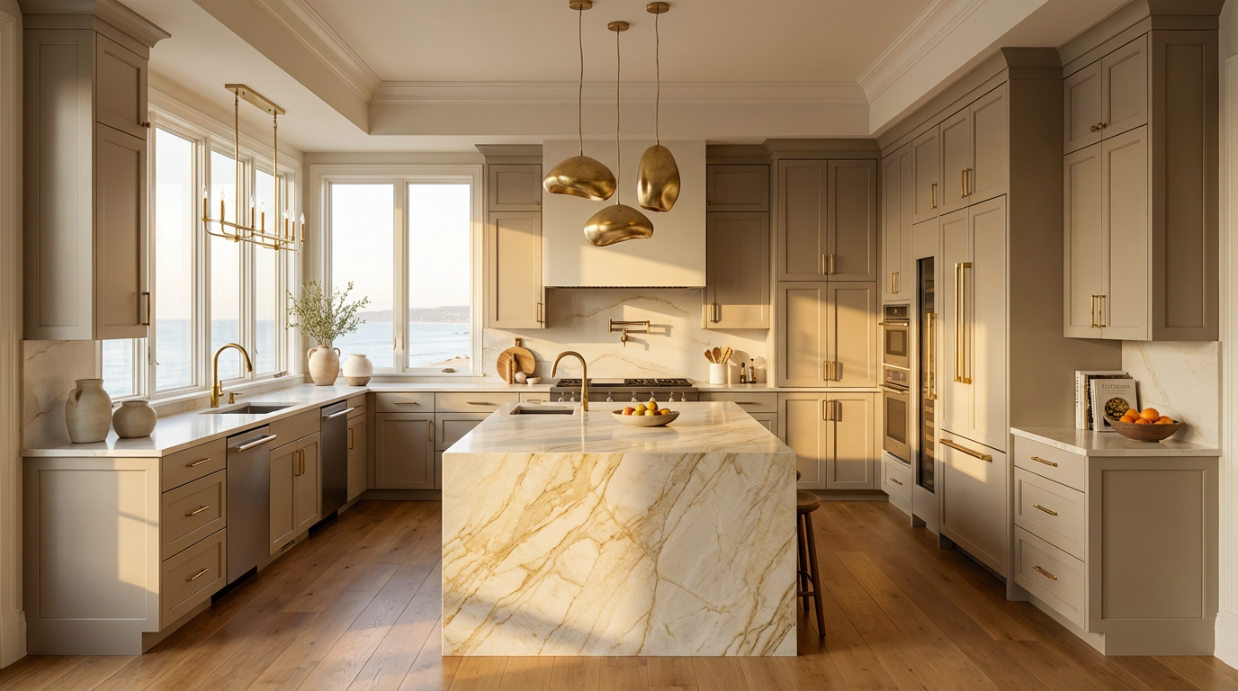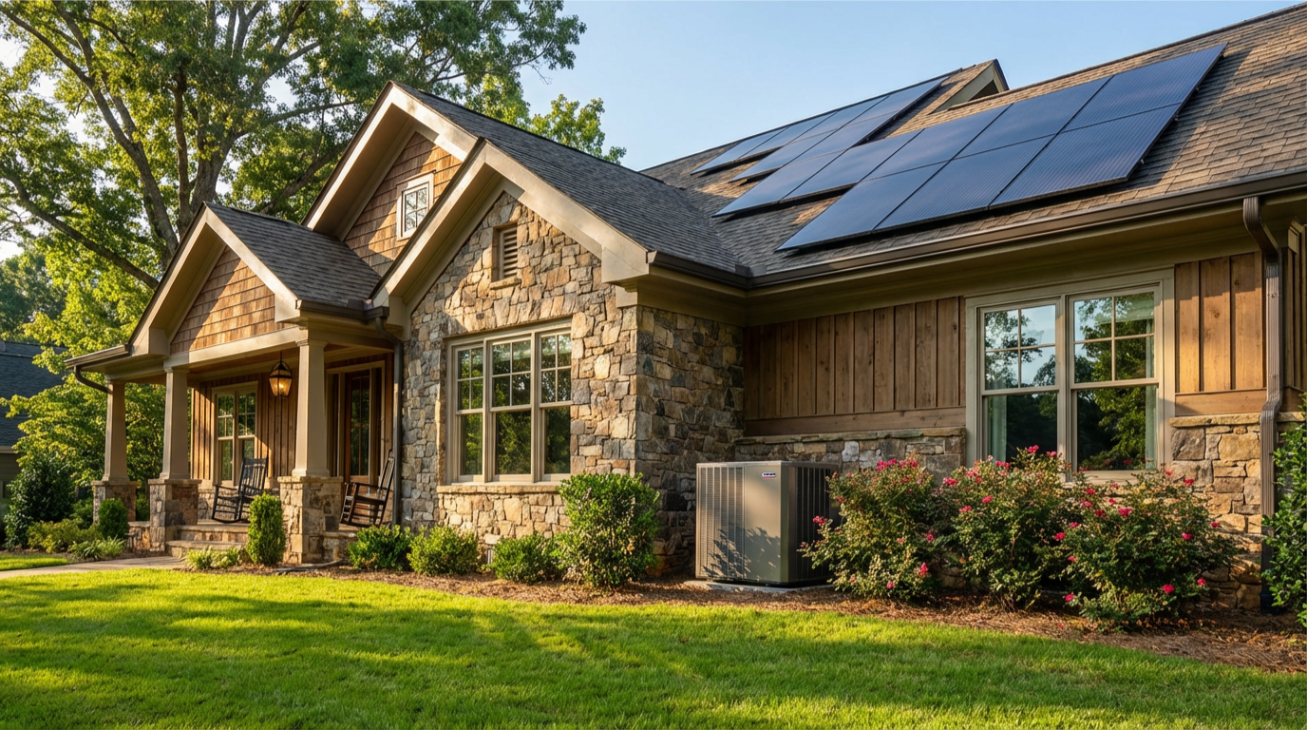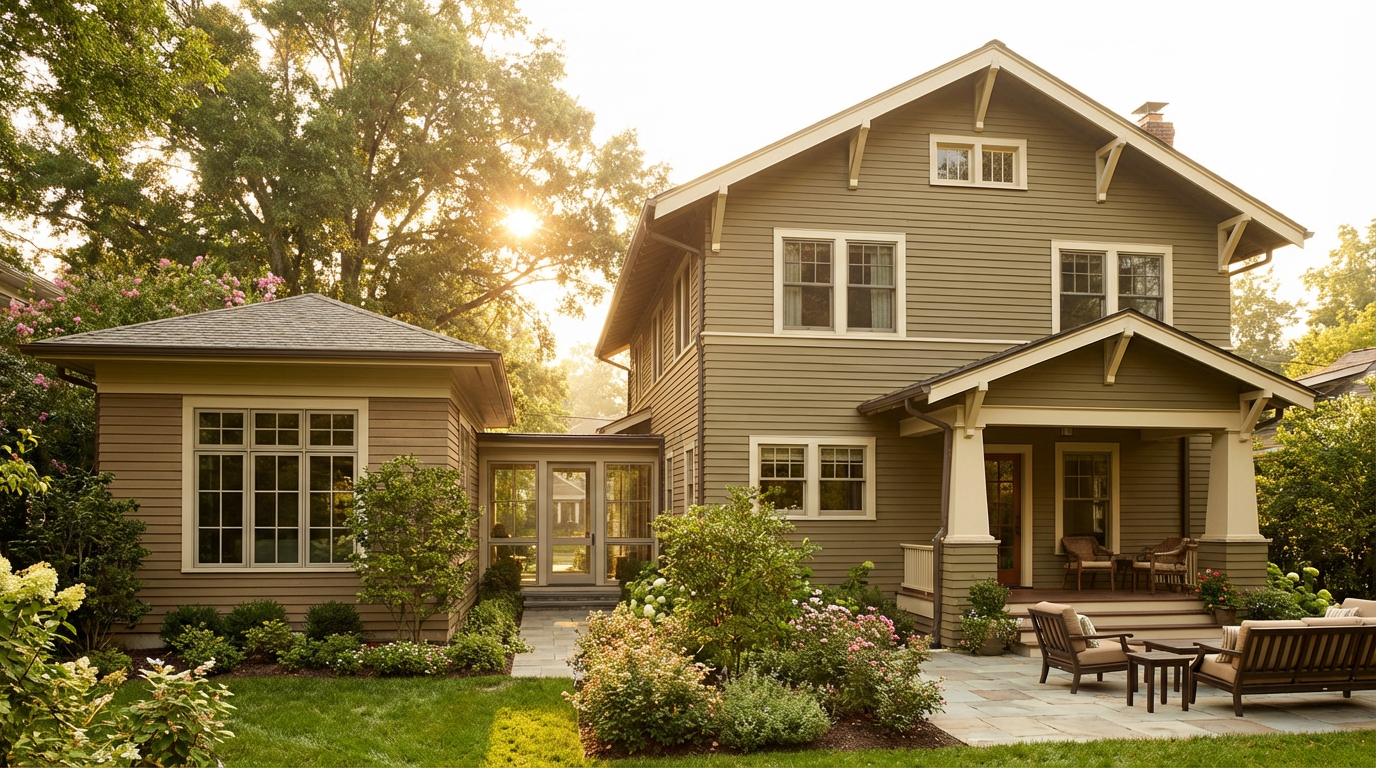After 22 years and over 5,000 basement projects in Metro Atlanta, homeowners always ask us the same question: “What flooring should I choose for my basement?” The answer isn’t one-size-fits-all, but there are definitely some clear winners for Georgia’s unique basement challenges.
Basement flooring is tricky because you’re dealing with moisture, temperature swings, and humidity that can ruin the wrong material fast. We’ve seen expensive mistakes happen when homeowners don’t understand what works below grade. If you’re still deciding what kind of space you have, see our cellar vs basement guide.
Table of Contents
Basement Flooring Comparison
| Flooring Type | Cost Range | Moisture Resistance | Lifespan |
|---|---|---|---|
| Luxury Vinyl Plank | $4-8/sq ft | Excellent | 10-15 years |
| Epoxy Coatings | $6-12/sq ft | Outstanding | 15-20 years |
| Porcelain Tile | $8-15/sq ft | Outstanding | 20+ years |
| Carpet Tiles | $3-6/sq ft | Good | 7-10 years |
| Engineered Hardwood | $8-15/sq ft | Fair* | 15-25 years |
*Requires strict moisture control
The Top 5 Basement Flooring Choices
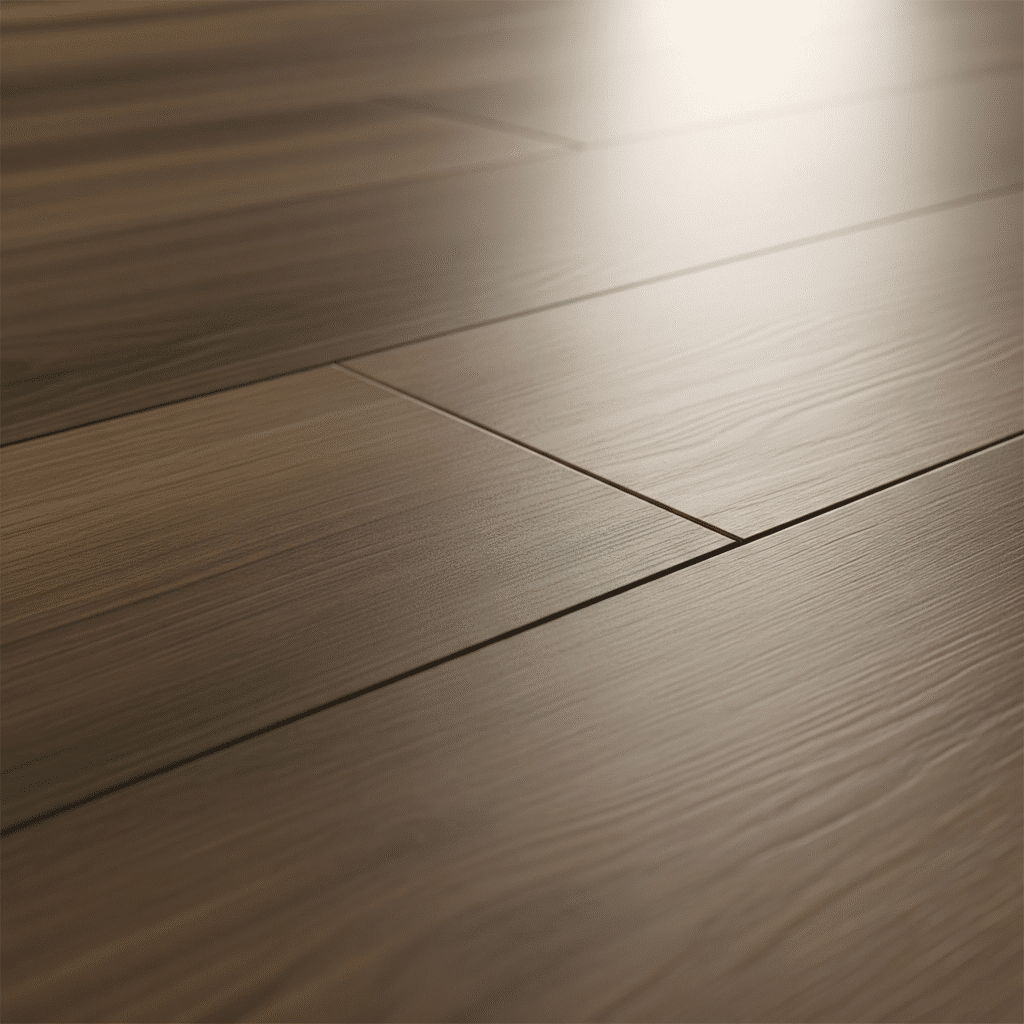
1. Vinyl Plank – The Reliable Winner
We install LVP in about 60% of our basement projects, and there’s a good reason why. It looks like real wood or stone, handles moisture beautifully, and fits most budgets.
What makes LVP work in basements:
- 100% waterproof core (WPC or SPC construction)
- Click-lock installation handles foundation movement
- Individual planks can be replaced if damaged
- Handles Georgia’s humidity swings from 40% to 80%+
Basement LVP specs that matter:
- Get at least 12-mil wear layer thickness
- Choose floating installation over glue-down
- Budget $4-8 per square foot installed
For a typical 500 sq ft basement, expect to invest $3,250-5,000 total including materials and installation.
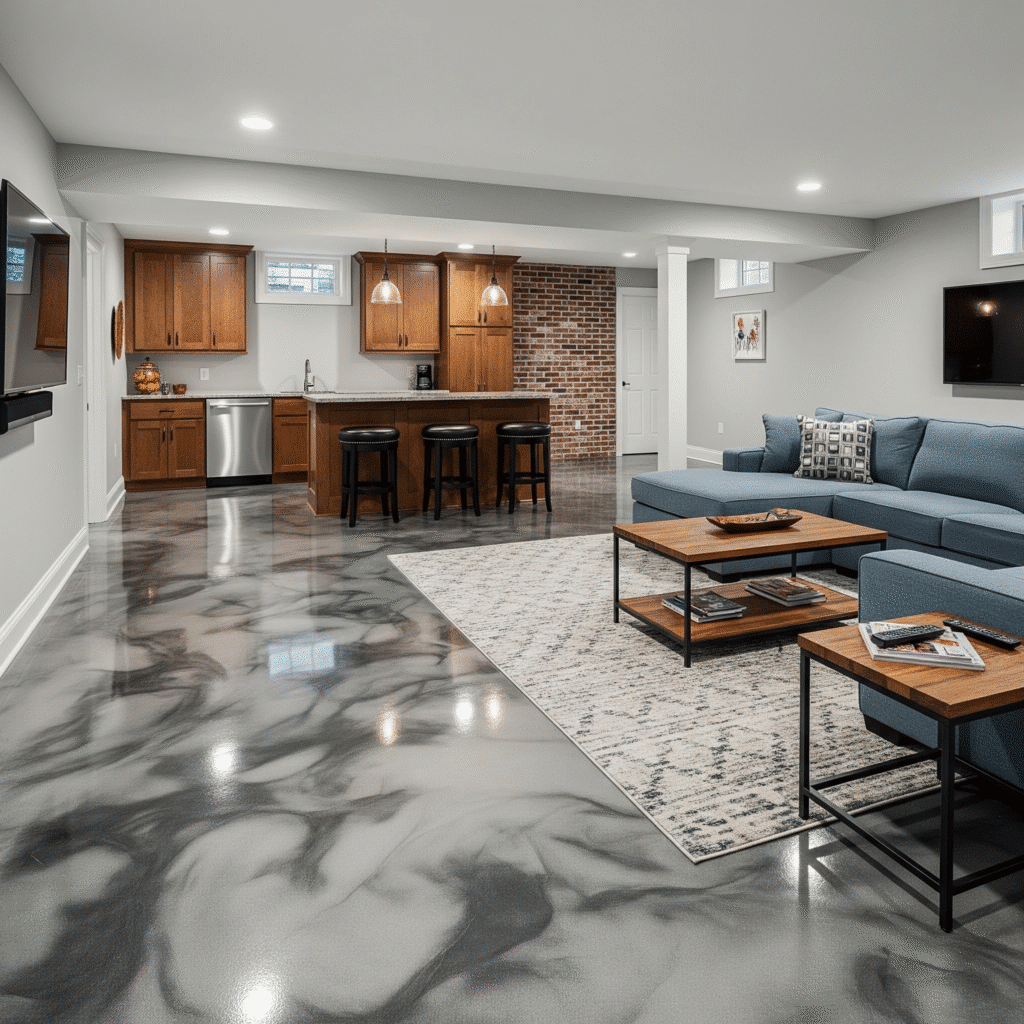
2. Epoxy Floor Coatings – The Modern Choice
Epoxy and polyaspartic coatings have become really popular for homeowners wanting that clean, modern look. Once it’s in, maintenance is basically sweeping and occasional mopping.
Coating options we install:
- Water-based epoxy ($3-6/sq ft) – Lower odor, easier application
- 100% solids epoxy ($6-10/sq ft) – Maximum durability
- Polyaspartic systems ($8-12/sq ft) – Fast curing, UV stable
The installation process requires diamond grinding the concrete and applying multiple coats. It’s definitely a professional job, but the results last 15-20 years with minimal upkeep.
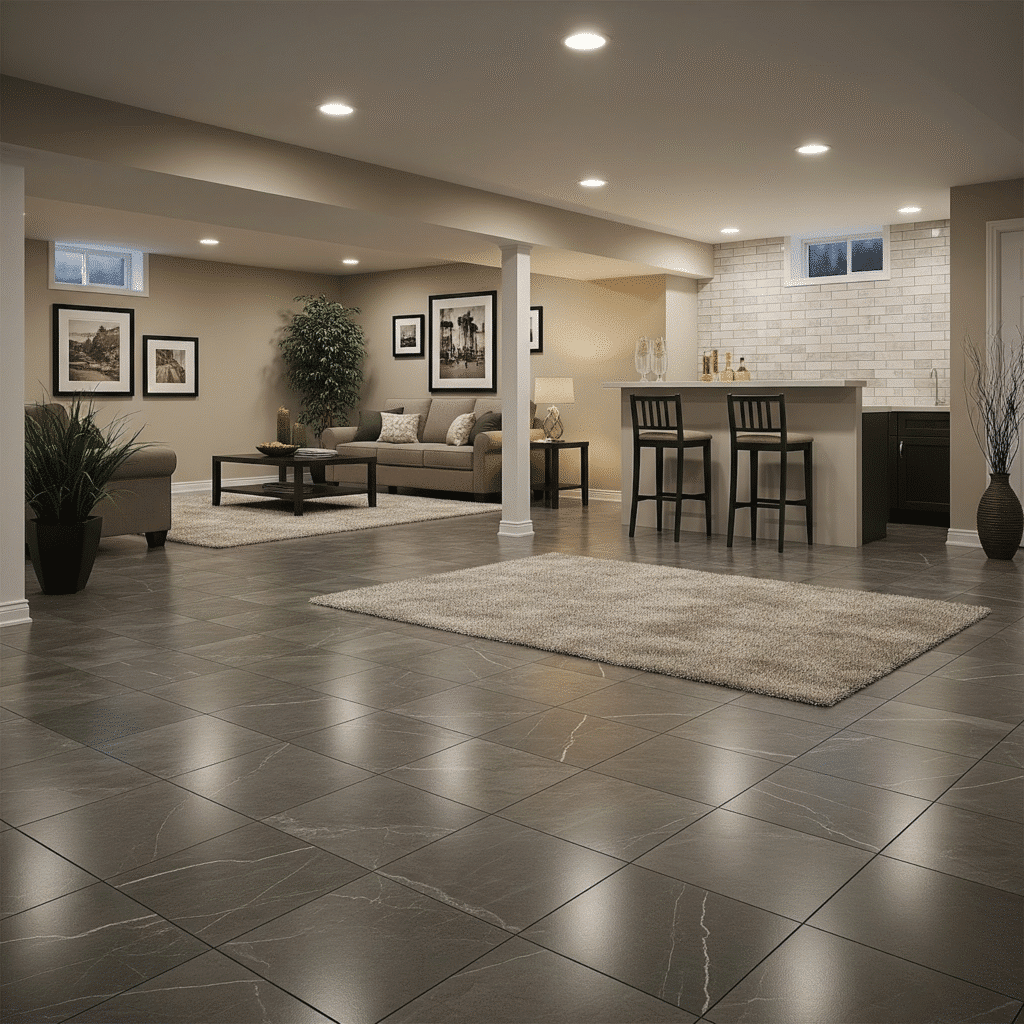
3. Porcelain Tile – The Bulletproof Option
When we’re finishing basements that might see water (near utilities, laundry areas, or basement design trends that include wet bars), porcelain tile is hard to beat. If you’re deciding between a finished vs unfinished basement, this can help you match the flooring to how the space will be used.
Why porcelain works in basements:
- Less than 0.5% water absorption
- Unaffected by temperature changes
- Chemical resistant to cleaning products
- Large format options reduce grout lines
Professional installation with waterproof membranes and epoxy grout systems is essential. It’s a bigger upfront investment, but you’re looking at 20+ years of performance.
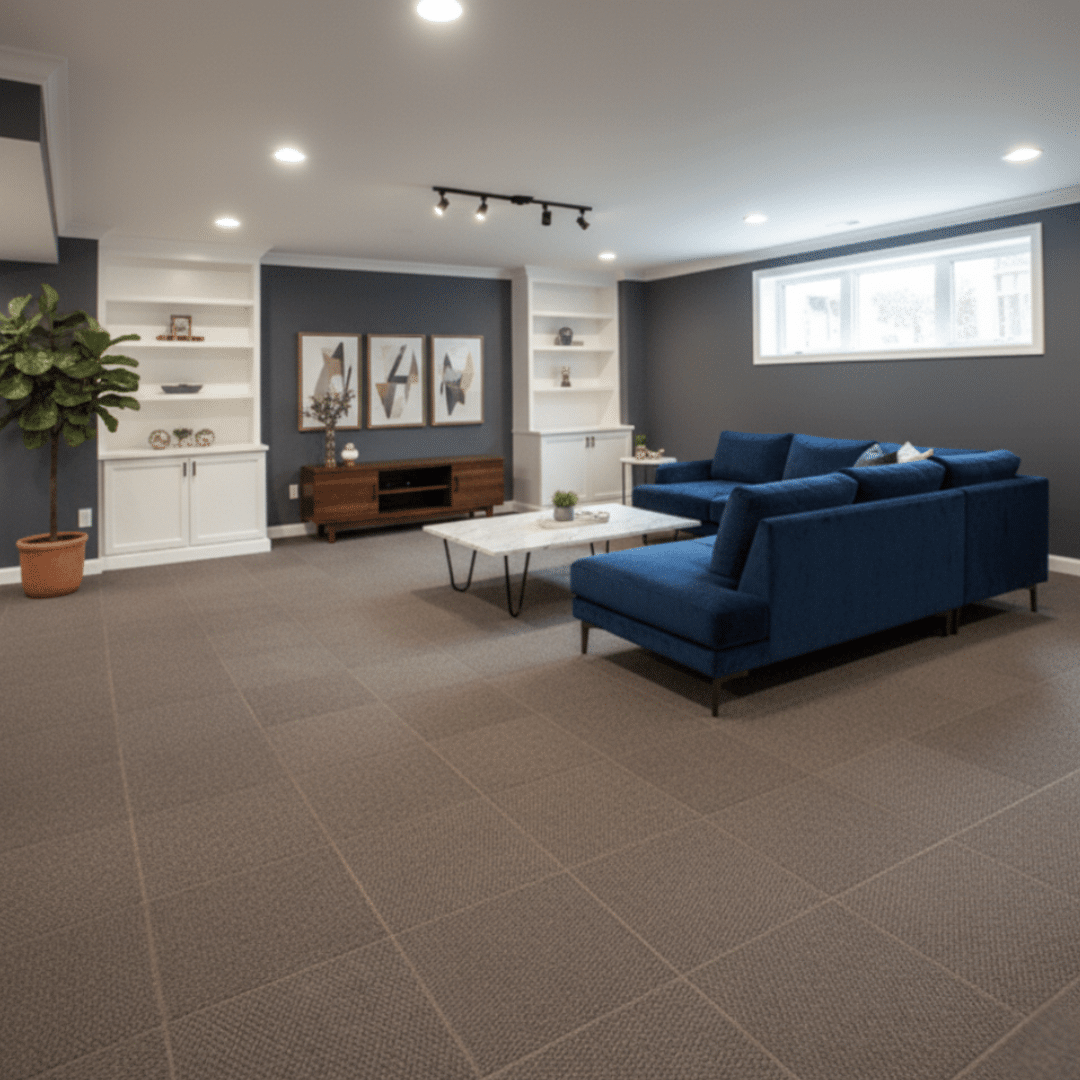
4. Carpet Tiles – The Comfort Champion
For family spaces where comfort matters more than showing off, carpet tiles make sense. Kids love playing on them, and parents love that you can replace individual tiles if something gets damaged.
Basement carpet tile benefits:
- Moisture-resistant backing
- Individual replacement capability
- Better air circulation than wall-to-wall carpet
- Quick-drying if water exposure happens
We typically recommend these for entertainment areas, playrooms, and home theaters where warmth and comfort are priorities.
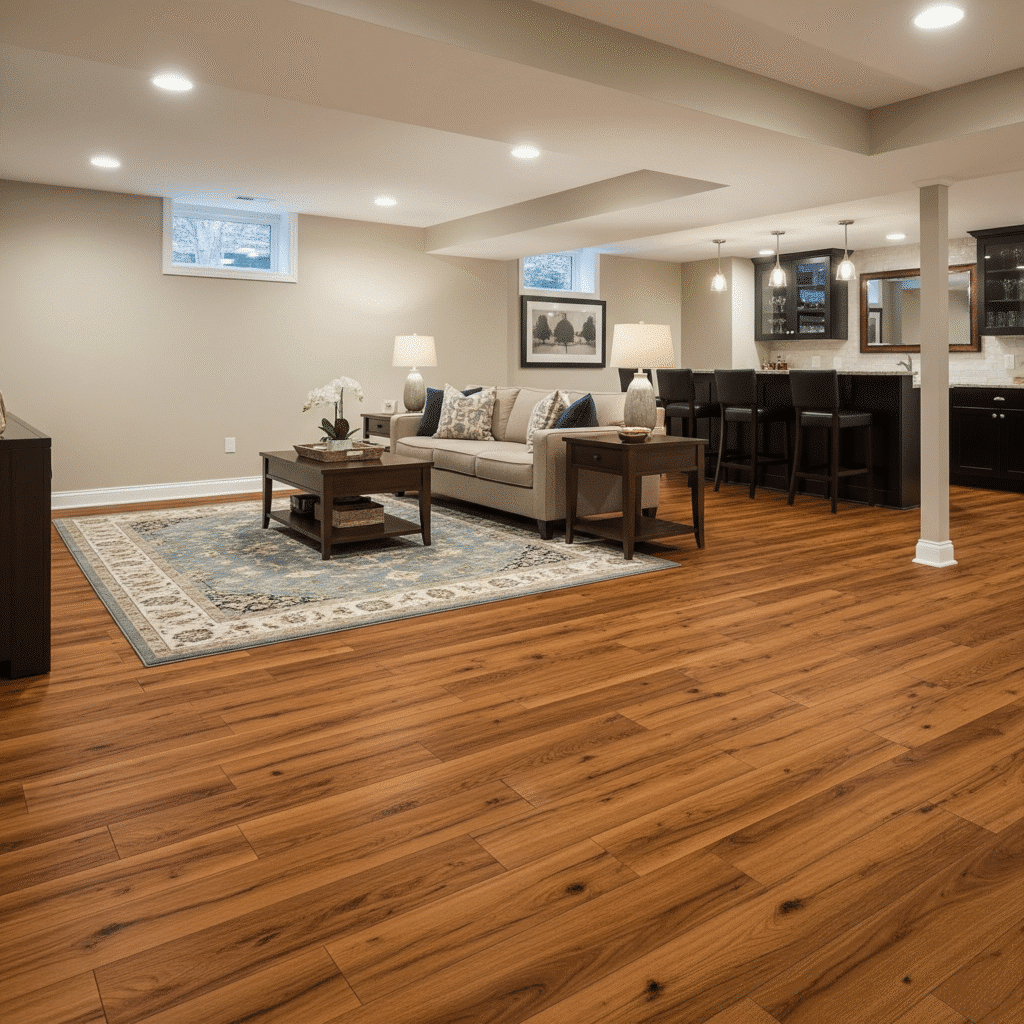
5. Engineered Hardwood – The Luxury Option
Real wood in basements can look amazing, but it’s not for everyone. The conditions have to be just right, and the installation has to be perfect.
Requirements for basement hardwood:
- Concrete humidity below 65% year-round
- HVAC running 24/7 (65-75°F, 40-60% humidity)
- Professional moisture barriers and vapor control
- Comprehensive waterproofing system
When these conditions are met, engineered hardwood creates stunning results. But it’s expensive and demanding – definitely a premium choice.
Common Basement Flooring Problems
Moisture-Related Failures
Most flooring failures happen because moisture testing was skipped. We see this constantly – beautiful floors ruined within months because the concrete wasn’t properly evaluated first.
Installation Issues
Poor installation causes problems like buckling, gaps, and premature wear. That’s why we always recommend professional installation for anything beyond basic carpet tiles.
Wrong Material Choices
We’ve replaced plenty of flooring that was simply the wrong choice for the application. Solid hardwood in a damp basement, glue-down LVP over high-moisture concrete, or regular carpet in areas prone to flooding.
Is A Basement Project Worth It?
Before diving into flooring choices, many homeowners wonder about the overall investment. Our experience shows that finishing a basement is typically worth it when done right, with flooring being a key component of long-term success.
The most expensive parts of finishing basements often involve moisture control and structural work, which is why choosing the right flooring that can handle basement conditions is so important.
Making Your Decision
- For most homeowners: LVP offers the best balance of performance, appearance, and cost.
- For modern aesthetics: Epoxy coatings create stunning, low-maintenance spaces.
- For maximum durability: Porcelain tile handles anything you throw at it.
- For comfort: Carpet tiles make spaces feel warm and family-friendly.
- For luxury (with proper conditions): Engineered hardwood creates beautiful, high-end spaces.
Start Your Basement Flooring Project Today
Choosing basement flooring means understanding your specific conditions, usage plans, and budget. With 22 years of experience completing basement projects across Metro Atlanta, we know what works in Georgia’s climate and soil conditions.
Our basement remodeling process includes:
- Professional moisture testing with ASTM-standard equipment
- Customized flooring recommendations for your specific basement
- Upfront pricing with no hidden fees
- Warranty-compliant installation
- Daily project updates and clear communication
Ready for a free consultation? We’ll assess your basement’s conditions, discuss your goals and budget, and provide expert recommendations with transparent pricing.
Our proven approach takes the guesswork out of basement flooring decisions, ensuring your investment performs well for years to come. We also handle complete home renovations and custom builds throughout Metro Atlanta.
Additional services for basement projects:
- Custom kitchen areas for wet bars and kitchenettes
- Bathroom additions and renovations
- Complete waterproofing and moisture control systems
Let our experience guide you to the perfect basement flooring solution for your family’s needs.
Ready to transform your basement? Contact Artistic Construction for your free consultation and discover why Metro Atlanta families trust us for successful basement renovations.
Frequently Asked Questions
What is the best type of flooring for a concrete basement?
For most concrete basements, Luxury Vinyl Plank (LVP) is the best all-around choice. It offers an excellent balance of moisture resistance, durability, appearance, and cost. It is installed in about 60% of the projects mentioned in the guide because its 100% waterproof core handles humidity swings and potential moisture issues common to below-grade concrete slabs. For spaces needing maximum durability or a modern aesthetic, epoxy coatings and porcelain tile are also outstanding, highly moisture-resistant options.
What is the healthiest flooring for a basement?
The healthiest flooring options for a basement are inorganic, waterproof materials that resist mold and mildew growth. Porcelain tile and epoxy floor coatings are excellent choices. Porcelain tile absorbs virtually no water (less than 0.5%) and is easy to clean and disinfect. Similarly, epoxy creates a seamless, non-porous surface that doesn’t harbor allergens or moisture, making it incredibly easy to maintain. These materials prevent the damp conditions that lead to unhealthy air quality.
What is better for a basement, vinyl or laminate?
Vinyl flooring is significantly better than laminate for a basement. The guide strongly recommends Luxury Vinyl Plank (LVP) because it features a 100% waterproof core, making it ideal for the high-moisture environment of a basement. Laminate flooring, on the other hand, is typically made with a fiberboard core that can swell, warp, and be permanently damaged by water exposure, making it a risky choice for any below-grade installation.
What flooring is not recommended for basements?
Solid hardwood is not recommended for basements. The guide explicitly mentions it as a “Wrong Material Choice” for a damp basement because it is highly susceptible to moisture, which causes warping, cupping, and rot. Traditional wall-to-wall carpet with a standard absorbent pad is also a poor choice, as it can trap moisture against the concrete, leading to mold and mildew. While the guide recommends engineered hardwood as a luxury option, it can only be used if strict, year-round humidity and temperature controls are in place.
What is the most cost-effective flooring for a basement?
The most cost-effective flooring option listed in the guide is carpet tiles. They have a cost range of $3-6 per square foot and are listed as a budget-friendly option, costing around $1,500-$2,500 for a typical 500-square-foot basement. They offer comfort and have the practical advantage of allowing individual tiles to be replaced if they get stained or damaged.
